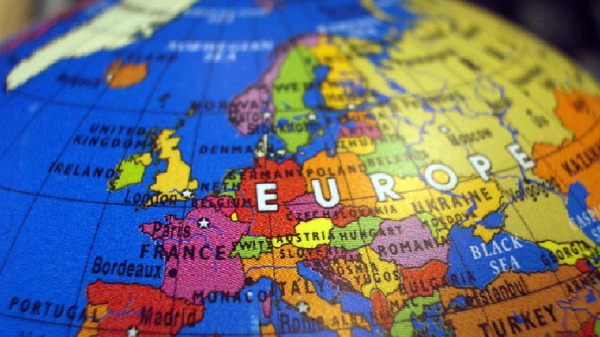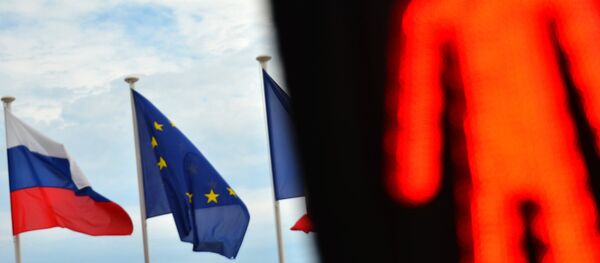Not all European countries are ready to further tolerate the economic restrictions in relations with Russia. For instance, Italy recently demanded that EU nations debate their extension rather than automatically prolong them for another six months.
According to DWN, Russia is an important partner for European countries in many respects. For instance, France is supporting Russia's military operation in Syria which became a matter of high priority for the French government after the recent terrorist attacks in Paris. Greece was initially opposing the introduction of restrictive measures against Russia, while Luxembourg (as Italy) has opposed their automatic extension.
Moreover, German entrepreneurs have repeatedly expressed their dissatisfaction with the situation and asked Angela Merkel to abolish the restrictions.
In fact, every European country could veto the sanctions, DWN wrote. However, such a scenario is unlikely, either because weaker recipient countries face economic pressure from the German government, or because their governments are not strong enough to make such decisions.
According to the newspaper, many states prefer to stay in the shade and not to be on the "firing line" of German Chancellor Angela Merkel, who favors the extension of the sanctions following the desire of the United States.
Thus, the EU is not acting in the interests of its member states, but is rather meeting the requirements made by the US. That is why the sanctions are likely to be extended without much fuss, the newspaper concluded.
The economic restrictions against Russia were imposed by the EU on August 1, 2014 due to Russia's alleged involvement in the Ukrainian conflict, which Moscow constantly denied. By late December, the EU is expected to decide on the issue of their further extension.



